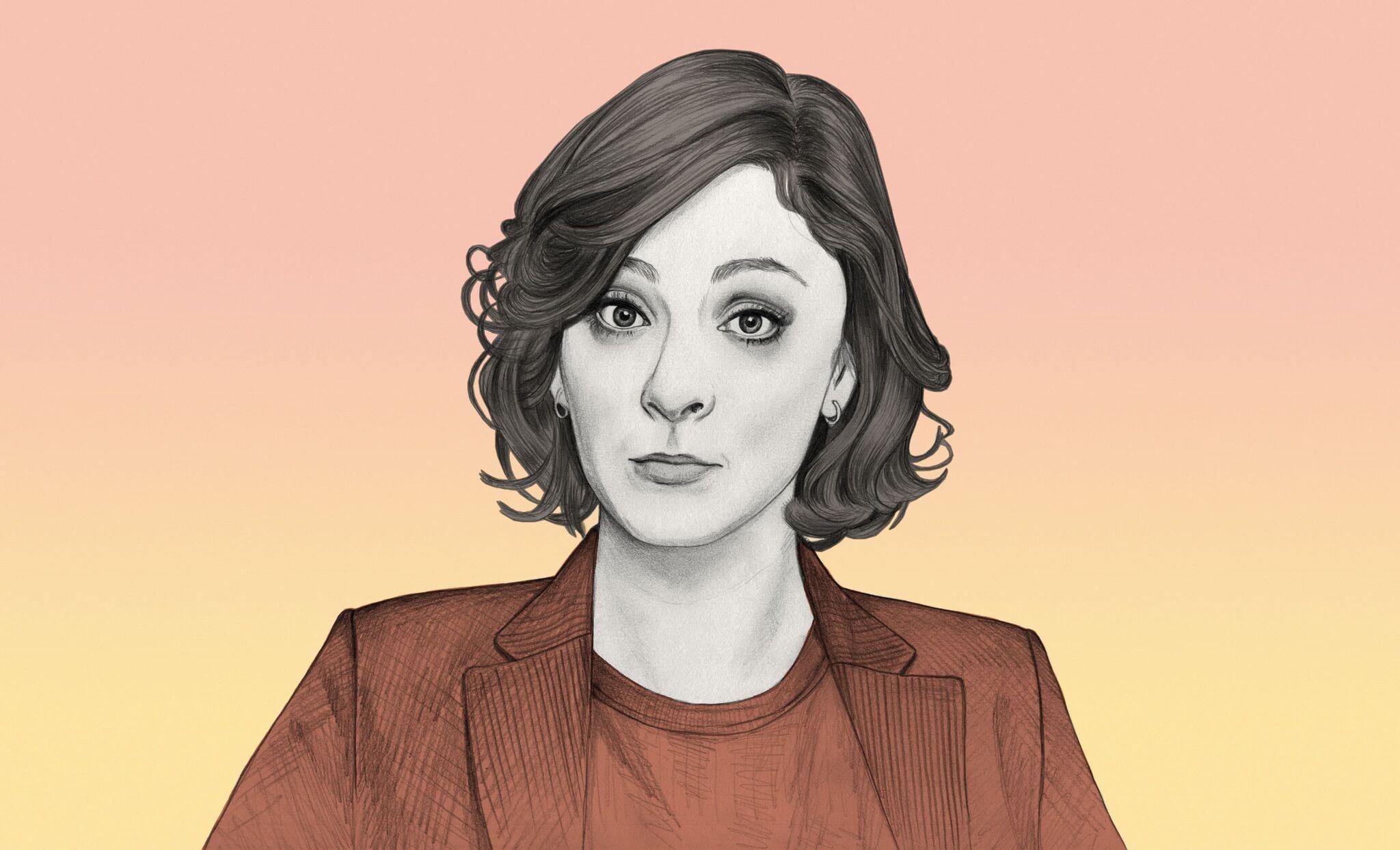
Money Diaries
The Co-Creator of “Crazy Ex-Girlfriend” Isn't Sure Exactly How Much She Makes
But Rachel Bloom does give us her best estimate. And discusses how much an agent costs, how aware she is of her own privilege, and how it's more expensive in Hollywood to have a “normal body."
Wealthsimple makes powerful financial tools to help you grow and manage your money. Learn more
Wealthsimple is a whole new kind of investing service. This is the latest installment of our recurring series “Money Diaries,” where we ask interesting people to open up about the role money has played in their lives.
In 2015, Showtime made the pilot for Crazy Ex-Girlfriend. When you shoot a pilot, it’s like a tryout — you don’t know if they are going to decide to make a series or not. But at our table read before the shoot, Showtime hinted that we were going to get ordered to series very soon. So we went into making the pilot riding really, really high. I was getting married around that time. We basically paid for our own wedding, and I split the cost of my wedding dress with my parents. It was very expensive, but I was like, Hey, I'm gonna have a fuckin' Showtime series. I'm gonna be rich! Then right after I got married, Showtime passed on the series. I was like, Oh, fuck. I'm fucked! What did I just do? We tried to sell the show to other places, but all of these places passed — we got nine passes in one day. That was rough.
I grew up very comfortably in Manhattan Beach, this really nice Southern California beach town. My dad was a health lawyer and a senior vice president of an HMO that doesn't exist anymore. We were objectively upper middle class. I really don't discount my privilege when I look at all of the opportunities I've been given. I grew up in a very good public school system with great arts programs. I went to NYU for theater and didn’t have to take out any student loans. So when people are like, “Oh, you've worked so hard!” I'm like, “Well, sure, but I also got to go to theater school with no student loans.”

Sign up for our weekly non-boring newsletter about money, markets, and more.
By providing your email, you are consenting to receive communications from Wealthsimple Media Inc. Visit our Privacy Policy for more info, or contact us at privacy@wealthsimple.com or 80 Spadina Ave., Toronto, ON.
When I was in college, my parents paid for my rent, but I had jobs. One of them was working for the NYU phone-a-thon, which is where you call alumni and the parents of students and ask for money. I felt really weird asking people for money, but I learned the art of tricking people into giving it to you. The whole tactic is to ask for a lot of money first. You go, “We’re fund-raising because so many students need scholarships and financial aid. We were just wondering, would you be willing to give $100?” And they say no, and you say, “OK, but while I have you on the phone, can I make sure we have your current information? Is your email address still blah, blah, blah. And while I have you on the phone, I understand you can't do $100, but could you do $50?”
I wanted to be in New York, I wanted to be on Broadway — I just wanted to be successful in the theater world.
And they say no, but you keep them on the phone, and every time you ask them for less and less money, you give them another reason why they need to give. The final reason you give is that when the Princeton Review ranks schools, they look at alumni satisfaction, and the way they gauge that is how many of the alumni give. So now when the NYU phone-a-thon calls me, I go, “I know what you're doing. I know your speech. I know exactly what you’re gonna say to me, and yes, you have all my information updated.” I think the last time I gave the kid $50, and he was so thrilled.
In college, I never envisioned coming back to California. I wanted to be in New York, and I wanted to be on Broadway. It's not like I even wanted to be famous. I just wanted to be successful in the theater world. There are so many people who are really successful in the theater world but no one who's not in the theater world has any idea they exist. But I never really fit in as a theater major. Very quickly I got tired of the idea of going to auditions at 7 a.m. in the perfect pair of heels and singing a song that wasn't very good for a show that wouldn't be very good. Then I got in this sketch comedy group HammerkatzNYU. I instantly saw I fit in there, and I gradually fell more and more in love with people in comedy and the idea of being a comedian. A lot of my friends were generating their own content — Ilana Glazer from Broad City was my roommate in Brooklyn.
I had a little savings when I graduated. I used some of it to go to L.A. for a little while. I’d been “discovered” by a manager who saw me in a sketch and told me she wanted to make me a child star — she thought I could play 16 year olds. So I spent two months kind of dicking around in L.A., bombing in these auditions. While I was there, I was like, I might as well do something with my time. That's when I finished making the video for this song I wrote, “Fuck Me Ray Bradbury.” I spent $3,000 — the bulk of my savings — to make the video. It’s had over 4 million hits on YouTube, but I didn’t make it to make money. This was 2010, so it may have been before YouTube ad monetization. I made it because I wanted to be my own one-person sketch group. And that song has paid for itself back thirtyfold. It got me my first TV staff writing job on a very short-lived Fox animated show called Allen Gregory. Also, since it was union, the starting salary was $3,500 a week. The salary for a lead on Broadway at that time was $2,700 a week and even less for dancers on Broadway, who are arguably some of the hardest working people ever.
Recommended for you
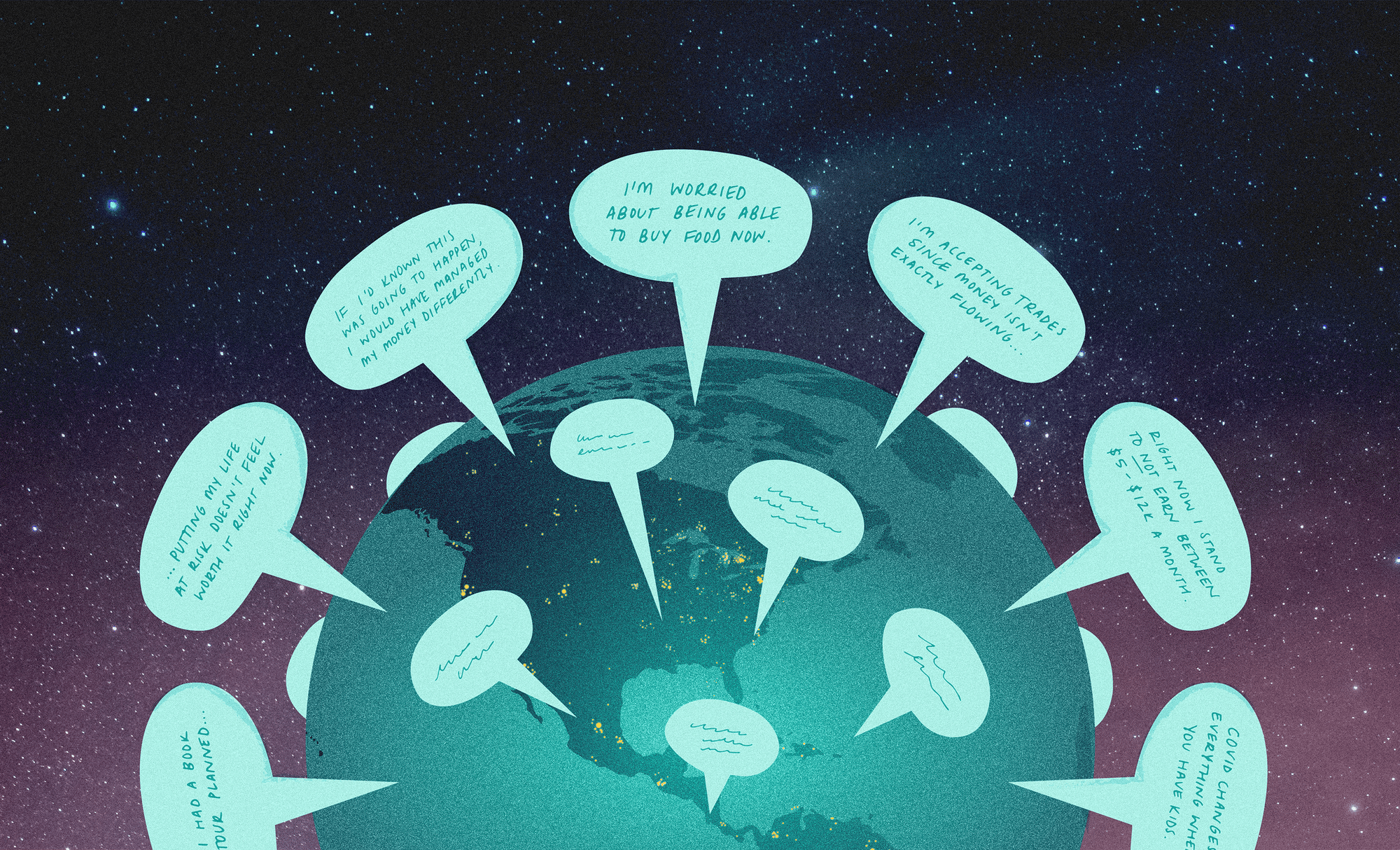
Pandemic Money Diaries — Panic at Trader Joe’s Edition
Money Diaries
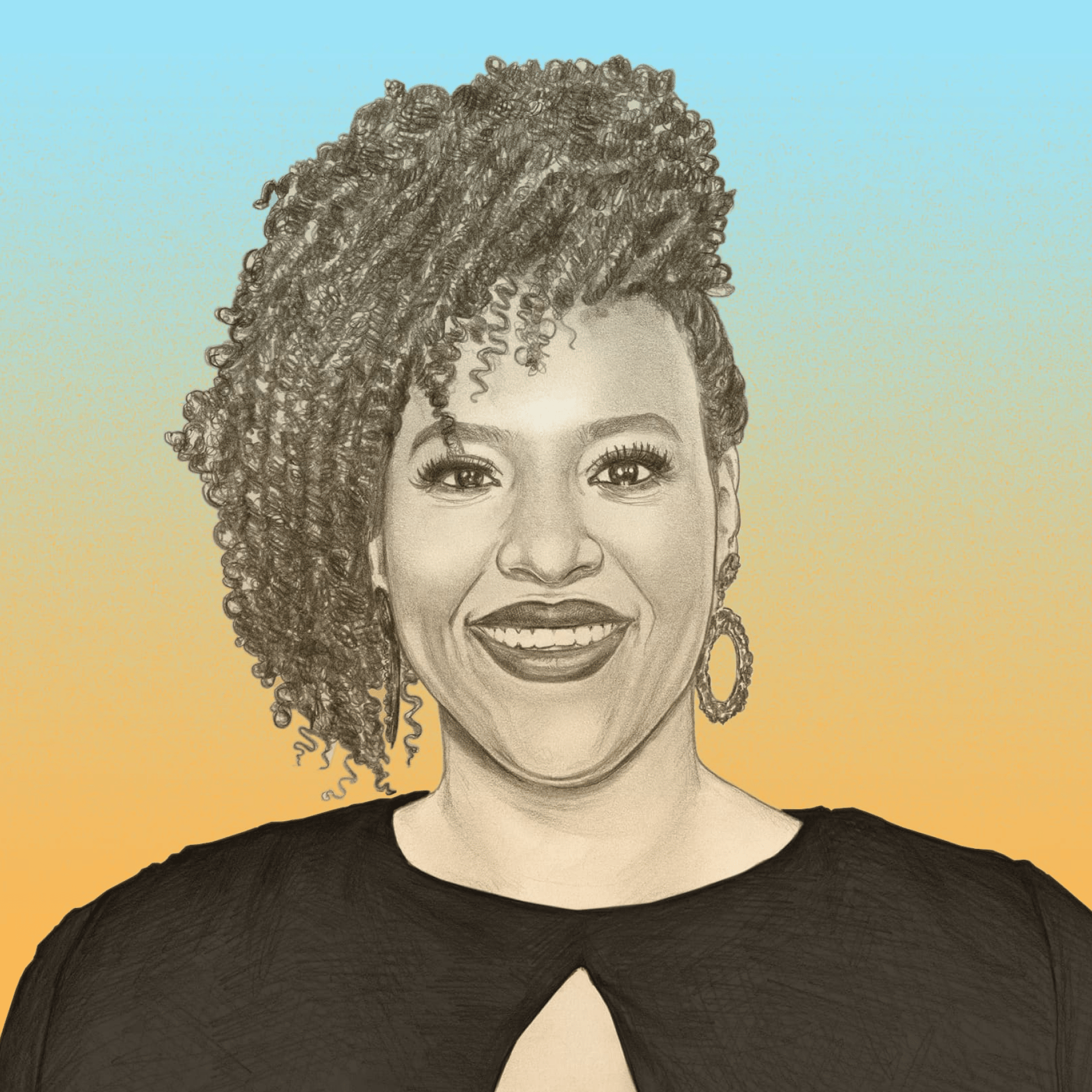
Natasha Rothwell's Character in “The White Lotus” Finds an Angel Investor. Her Real Life Didn't Quite Work That Way.
Money Diaries
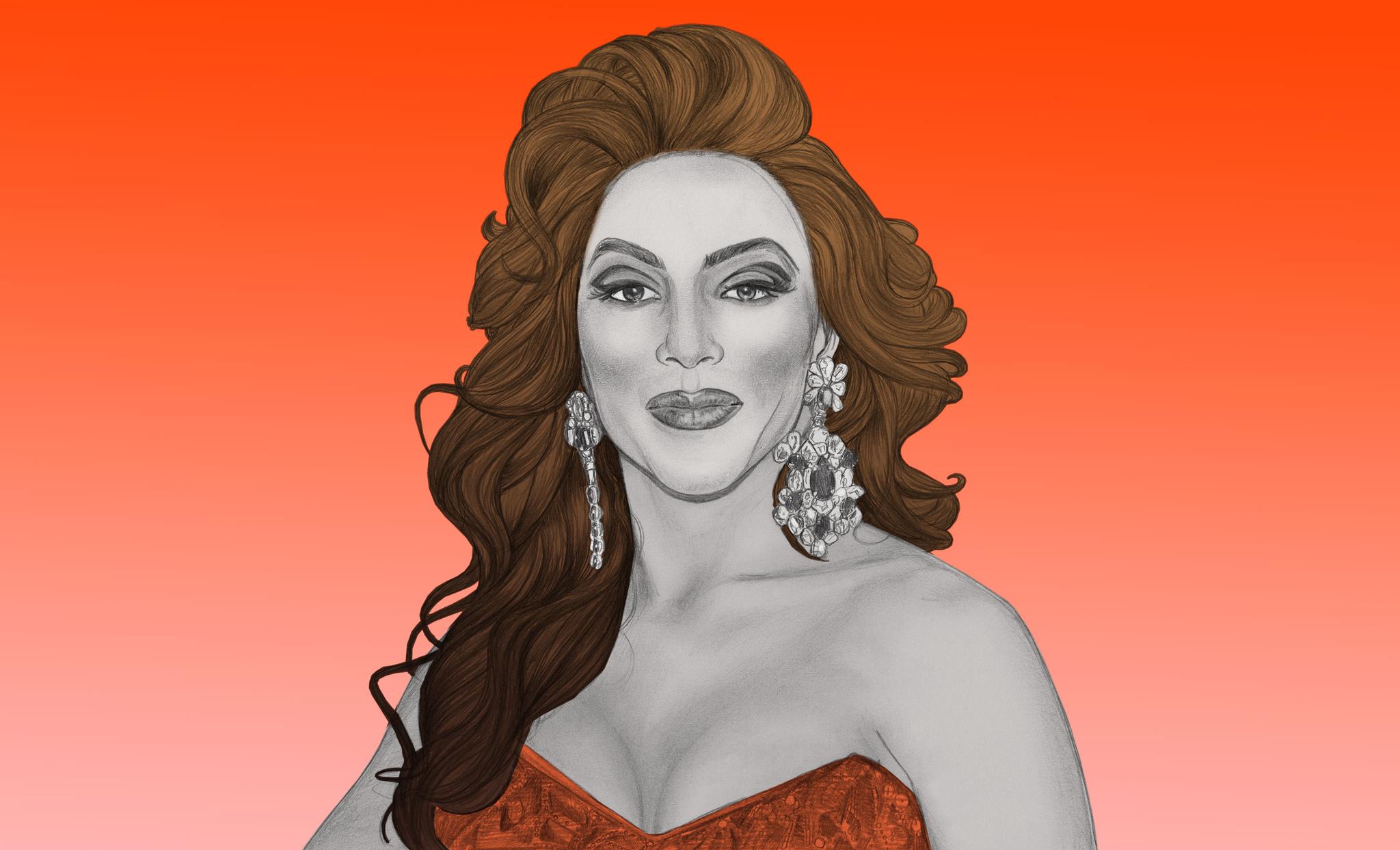
Shangela Would Like to Remind You to Tip Your Drag Queen
Money Diaries
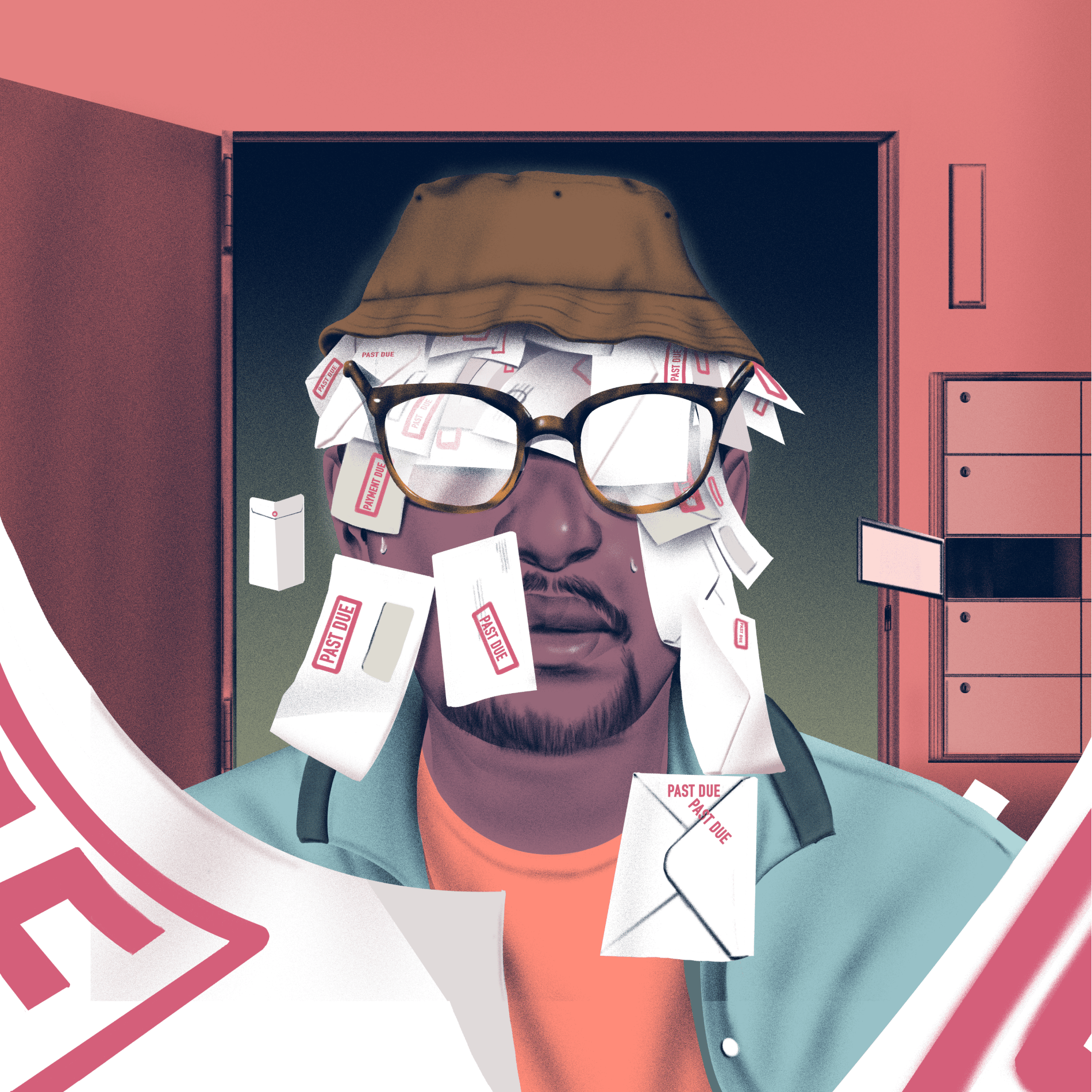
It’ll Work Itself Out (It Actually Won’t)
Money Diaries
The pay was great, but I wasn’t taking all of that check home — remember that I was paying 10% to a manager, 10% to an agent, and 5% to an entertainment lawyer. After that ended, a lot of the writing gigs I did were nonunion. Robot Chicken, on Adult Swim, was $2,000 a week, and the first year I did it, I did it for only two months because they write in monthlong cycles and switch writers. When I was going through all that, Dan, who’s now my husband, was writing for How I Met Your Mother. It was a union job that paid very well, and he was able to spot me. If it weren't for the fact that we were living together, I probably wouldn’t have had the luxury of being just a writer and performer — I’m sure I would have had to wait tables or do retail or something.
We have a house, so as long as we're paying our mortgage, that's all I care about, you know?
When Showtime didn’t pick up my show, I went back to Robot Chicken, and I continued auditioning for gigs. CW kind of came out of left field. We never really imagined Crazy Ex-Girlfriend on a network. It was kind of a dirty show. But we said, “Let’s send it to them and see what they think.” And they loved it and ordered it to series a month later.
I make about $50,000 or $60,000 for acting in an episode before taxes and paying my reps. I know it’s absurd that I don't know the exact figure but it's because all of it comes in bulk and goes directly to a business manager. When I'm in production, I'm really not spending a lot of money because the food is free and I don't have time to shop. I only realize how much I'm making later. Another thing that will also give me a chunk of change: a book deal that I just signed. It's going to be a mix of essays and short stories. It's definitely not a memoir. The publisher? That is such a good question. I can’t remember because it literally just happened. But there are articles online where you can find it. I’m not going to say how much, but it was a lot. A lot, I'll say that. I'm in shock. The money is fantastic! It's amazing. It's great.
I don’t have superfancy taste, but I don’t mind spending money to take nice vacations. We recently went to French Polynesia, and that was expensive. I mean, we stayed at very nice places and flew business class, which I think was several thousand dollars. That was really special. We have a house, so as long as we're paying our mortgage, that's all I care about, you know? We started looking for a house when I thought the show was dead, and we had a certain price point. When CW bought the show, we could suddenly look at other houses. We bought the house before we knew we were picked up for a second season. It was the type of thing where we did the math and we figured even if my show gets cancelled right away, I now have the track record of having the show, which means I'll probably be able to get a good script deal on a movie or a pilot or something. The way TV works is that you get to these benchmarks that raise your status and your quote, which is how much you get paid for a script.
Although we were conservative with the house, there are still a lot of expenses. I pay thousands a month to have a publicist, which is very, very useful to me since I love my publicist, and if I was fielding my own publicity requests, that would be a nightmare. The studio and network mostly cover my hair and makeup for events, but they don't cover costs for certain things I have to go to, and that runs about $800 a gig.
What also has become apparent when I have to get clothes for these events is that I have a normal body. A lot of fashion houses are reluctant to lend clothes that aren't in the sample sizes of 0 and 2, so it's getting harder and harder for me to find clothes without buying them. That's the whole problem with the fashion industry: My body size is literally normal and healthy, but when you put me next to a model, I look obese. Anyway, my writing partner, Aline Brosh McKenna, is a clotheshorse and has turned me on to things, so I have occasionally bought designer dresses and designer shoes. Your typical nice designer dresses, at least the kind of stuff that I wear for events, can range from $500 to $3,000, and you want to wear a different outfit for every event because it's a whole red carpet thing. It’s a lot of dresses. I guess it’s all part of the job. I guess if everything changes, I can always resell them.
As told to Andrew Goldman exclusively for
Wealthsimple. Illustration by Jenny Mörtsell. We make smart investing simple and affordable.
Wealthsimple's education team is made up of writers and financial experts dedicated to making the world of finance easy to understand and not-at-all boring to read.





